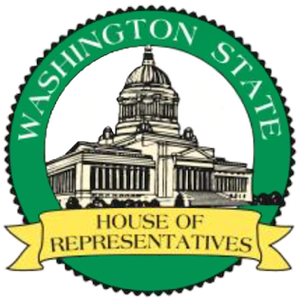The Washington State House Commerce and Gaming Committee (WA House COG) considers issues relating to the regulation of commerce in alcohol, tobacco and cannabis, as well as issues relating to the regulation and oversight of gaming, including tribal compacts.
Executive Session
- HB 1859 - “Concerning quality standards for laboratories conducting cannabis analysis.”
Public Hearing
- HB 2022 - "Concerning social equity in the cannabis industry."
